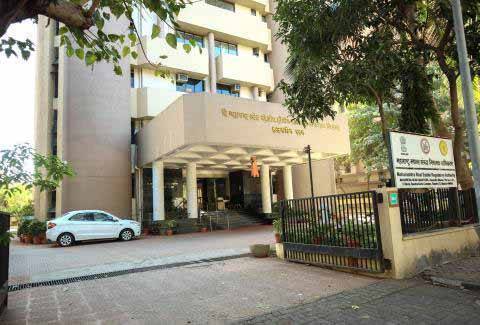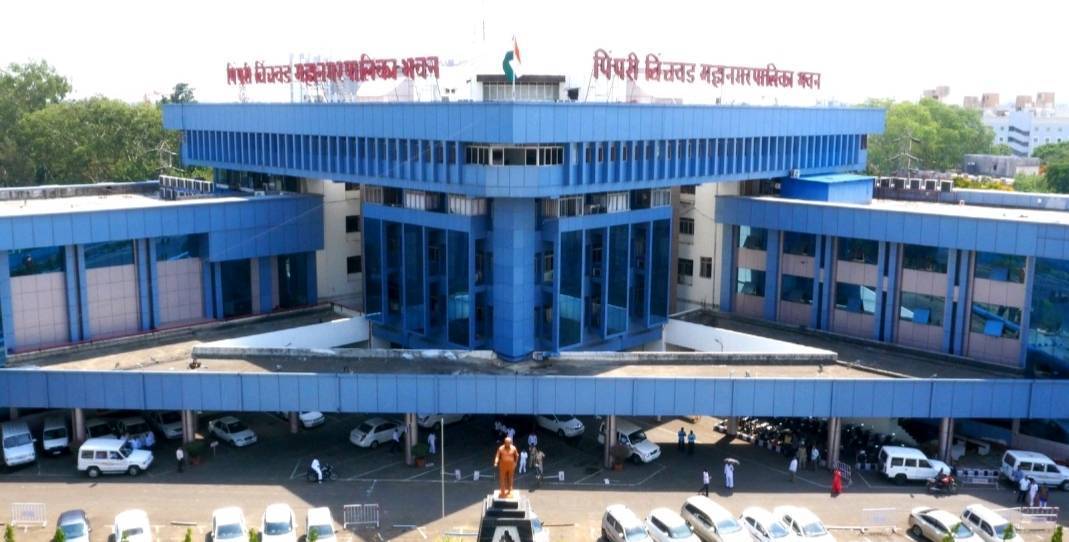When buying a home, especially for the first time, the journey is often filled with excitement, anticipation, and a substantial amount of paperwork. Since a home is one of the biggest investments most people will make, it comes with the responsibility of ensuring everything is legally sound. Neglecting to verify critical property documents can lead to legal disputes, delays in possession, financial losses, or difficulty in securing home loans. Ensuring that all the necessary documents are in place and verified is key to a hassle-free homeownership experience.
Here’s a detailed guide to the top 10 property documents that every homebuyer must check before purchasing their dream home.
1. Title Deed
The title deed is perhaps the most important document when buying a property. It serves as proof of ownership and must be clear of any legal encumbrances. If you are buying a pre-owned property, the title deed will also show the chain of ownership. This deed should be verified to ensure that the seller has full rights to sell the property. A legal expert can help check the title deed for any potential issues, ensuring that it is marketable and free from disputes.
2. Sale Deed
The sale deed is the legal document that records the transfer of ownership from the seller to the buyer. It contains details such as the names of the parties involved, the property's location, and the amount paid. For this document to be valid, it must be registered at the sub-registrar's office within four months of its execution. Without registration, the sale is considered incomplete, and the document becomes invalid. The sale deed is essential not only for the current purchase but also for future transactions involving the property.
3. RERA Registration Certificate
The Real Estate (Regulation and Development) Act, 2016, ensures transparency in real estate transactions. For any residential project involving land over 500 square meters or eight or more flats, RERA registration is mandatory. Buyers can verify the project's legitimacy by checking its RERA registration certificate. Without this, homebuyers are at risk of delays in possession, unfulfilled promises, or even project stalling. A RERA-approved project gives buyers added protection and ensures that the builder follows a set of legal guidelines.
4. Building Approval Plan
A building approval plan is issued by the local municipal authority and ensures that the construction complies with zoning laws, building regulations, and safety codes. Buying a property without this document could lead to legal troubles, including demolition in the worst-case scenario. Make sure that the property you're purchasing adheres to the approved plan, which also confirms the legality of the construction.
5. Khata Certificate
A Khata certificate is essential for properties in some states, particularly in Karnataka. It records the property details, such as the size, location, and owner, and is used for the payment of property taxes. Additionally, it is necessary for obtaining essential utilities like water and electricity. Verifying the Khata certificate is crucial to ensure the property is registered in the municipal records and taxes have been paid.
6. Completion Certificate (CC)
Issued by the local development authority, a completion certificate confirms that a property complies with the approved building plan, safety standards, and local regulations. Without a CC, a property is considered incomplete and can’t receive essential services like water or electricity. Furthermore, a completion certificate is necessary to apply for an occupancy certificate and proves that the property is safe for occupation.
7. Occupancy Certificate (OC)
Once a building is complete and meets all regulatory standards, the local municipal authority issues an occupancy certificate. This document certifies that the building is fit for occupation. Banks often require the OC when processing home loans, and it’s also needed if you plan to rent out the property or use it for commercial purposes. Lacking an OC can lead to legal issues and difficulties in securing financing.
8. No Objection Certificates (NOCs)
Before a project is completed, the developer needs to obtain various No Objection Certificates (NOCs) from different government departments. These include the fire department, pollution control board, water supply authority, electricity board, and more, depending on local regulations. These NOCs ensure that the property complies with legal requirements. Buyers should request copies of these NOCs from the developer, as they are important for future reference and legal purposes.
9. Encumbrance Certificate (EC)
The Encumbrance Certificate is a vital document that confirms the property is free from any monetary or legal liabilities, such as unpaid loans, mortgages, or lawsuits. The EC tracks the history of the property for a specific period and ensures that no one else has any legal claim or financial interest in it. Without an EC, there is a risk that a buyer could inherit financial obligations tied to the property. Homebuyers should obtain this certificate from the sub-registrar’s office to confirm that the property has a clear legal standing.
10. Allotment Letter
For under-construction properties, the builder or developer issues an allotment letter to the buyer. This document contains details such as the property's size, location, payment plan, and any additional charges, such as maintenance fees. While it is not a legal proof of ownership, it is crucial for obtaining a home loan and signifies the developer’s commitment to allocating the specified property to the buyer.
11. Possession Letter
The possession letter is issued by the builder once the property is ready for handover. It specifies the date when the buyer can take possession of the property. It’s important to note that the possession letter alone is not sufficient proof of ownership. While it confirms the handover date, buyers must ensure that all other documents, particularly the sale deed and occupancy certificate, are in order before moving in.
12. Mutation Register Extract
Also known as the Patta or Extract of Mutation, this document is used to update the ownership details of a property in the local municipal records after a sale. The mutation process ensures that the property taxes and other municipal records reflect the new owner's name. Without this document, the new owner may face issues with tax payments and legal ownership claims in the future. Buyers should verify that the mutation process has been completed to avoid any discrepancies in the official records.
Properly verifying all essential property documents is key to a smooth and secure home-buying process. It safeguards you from legal complications, financial risks, and future disputes, ensuring peace of mind as you step into your dream home.









.png)